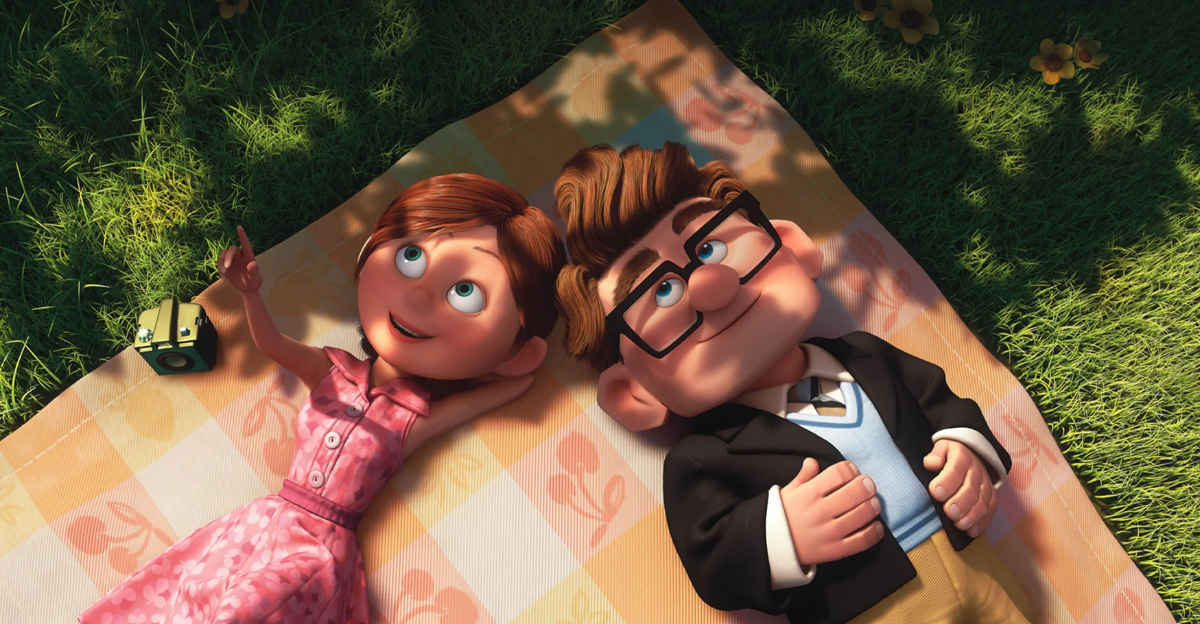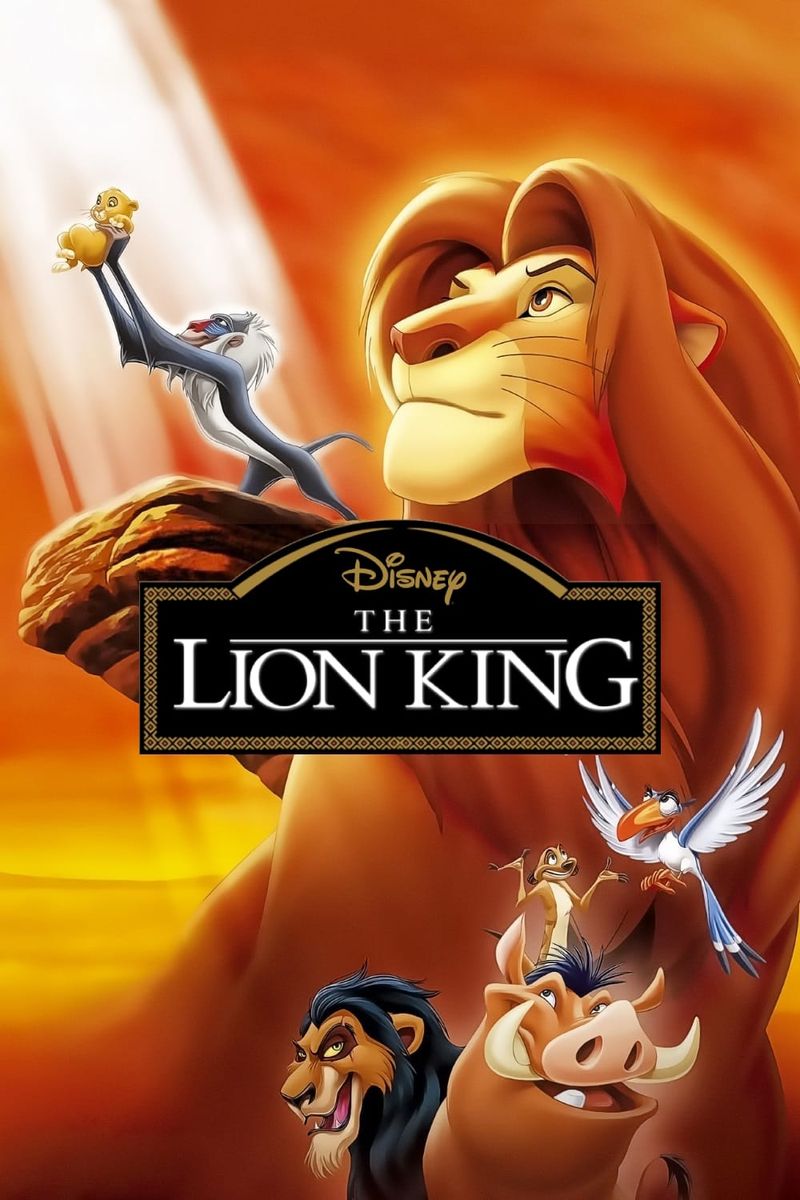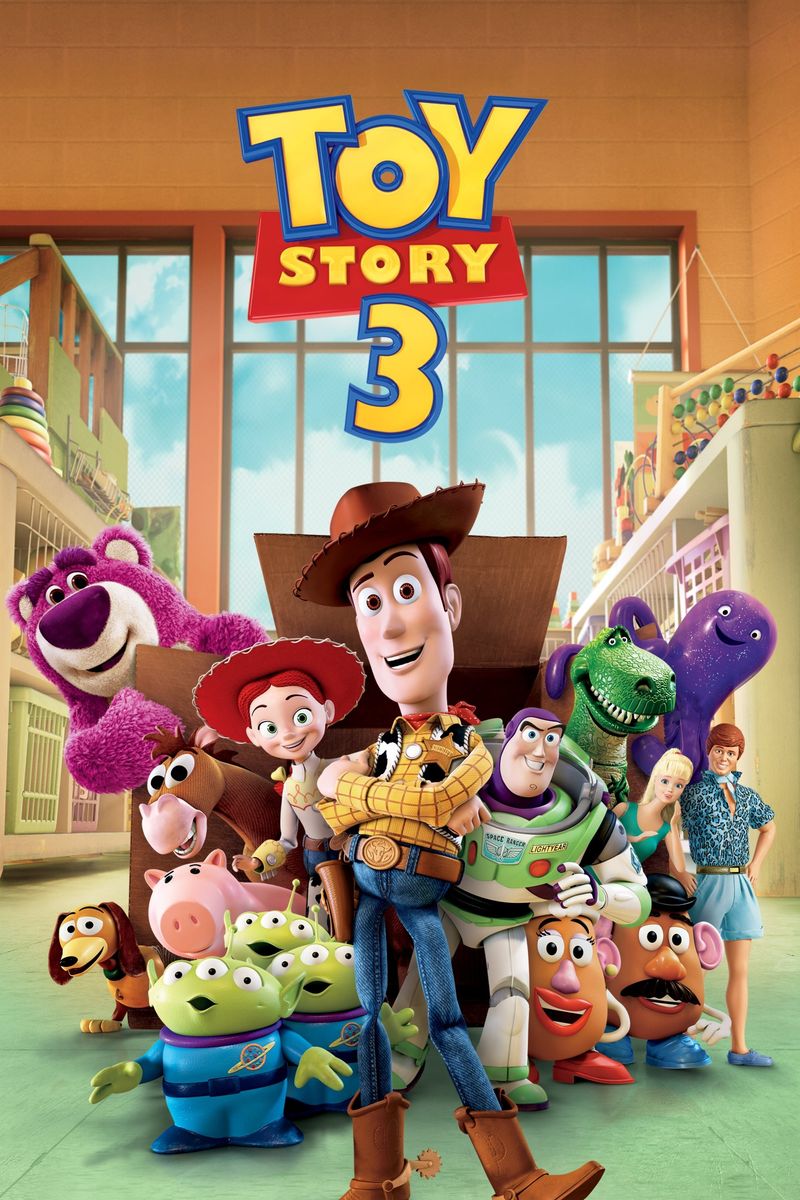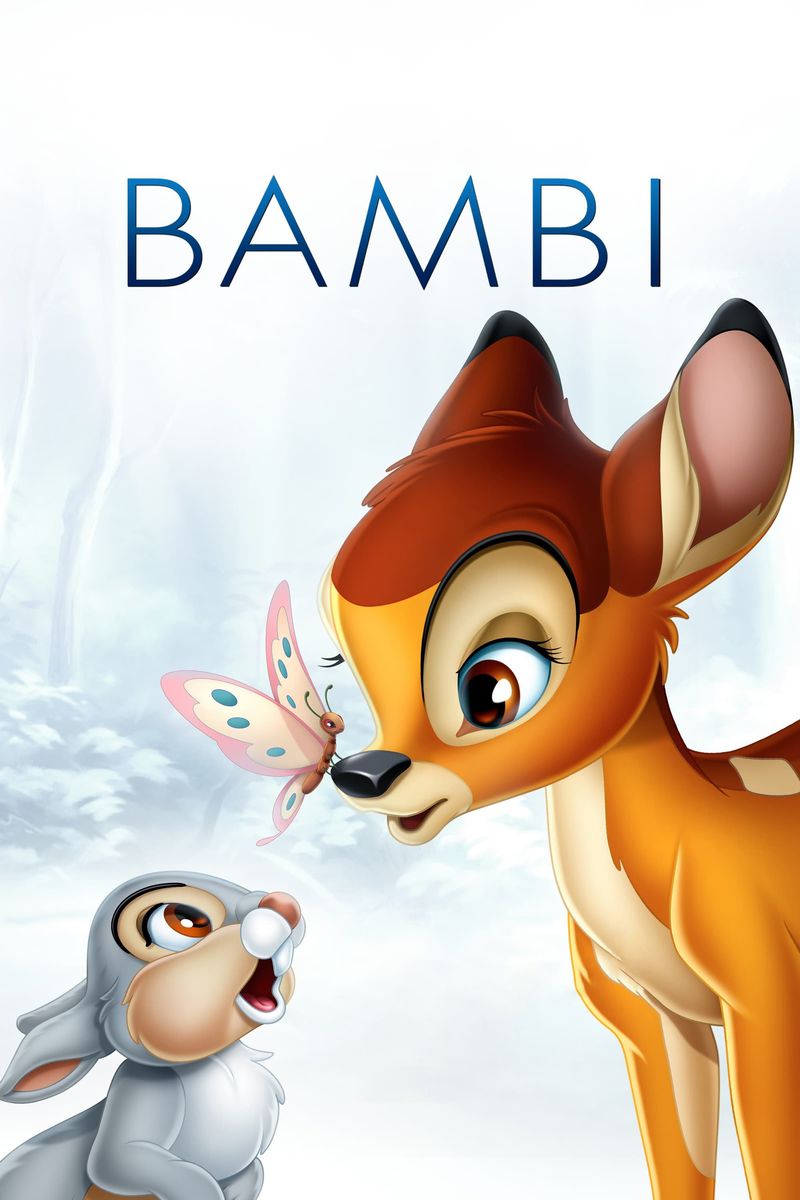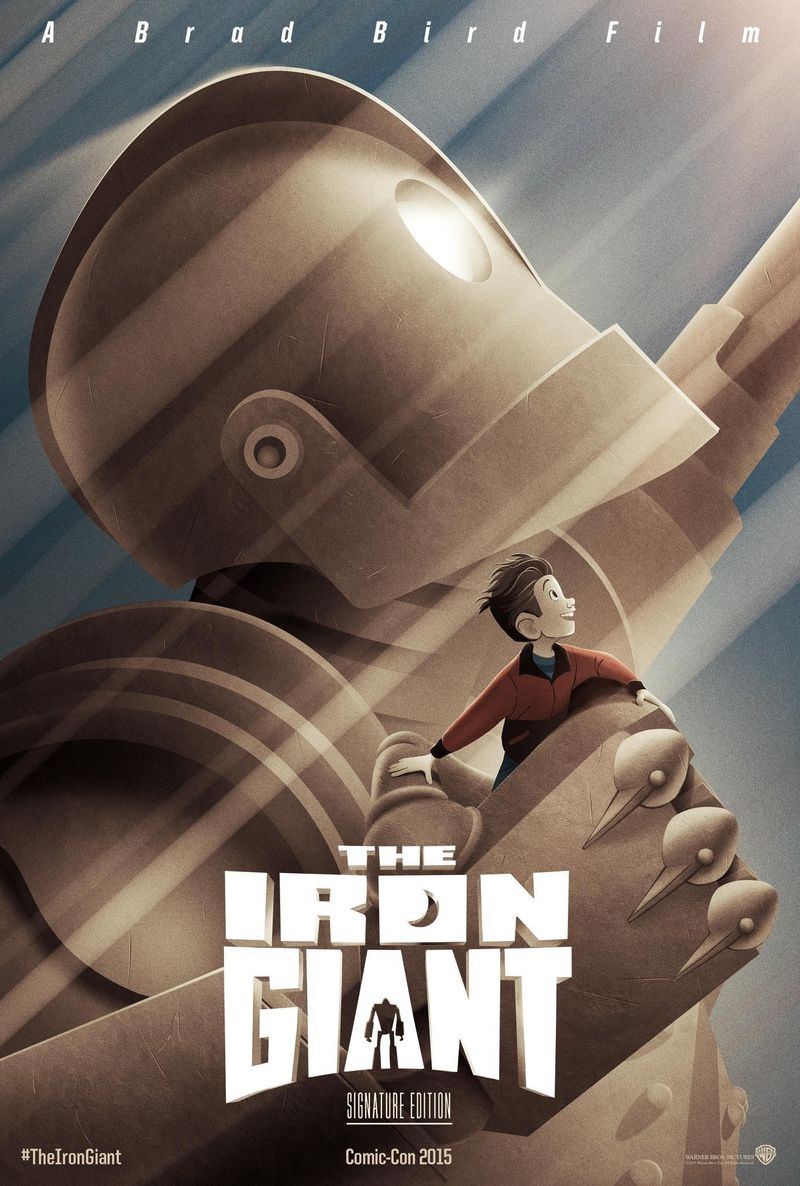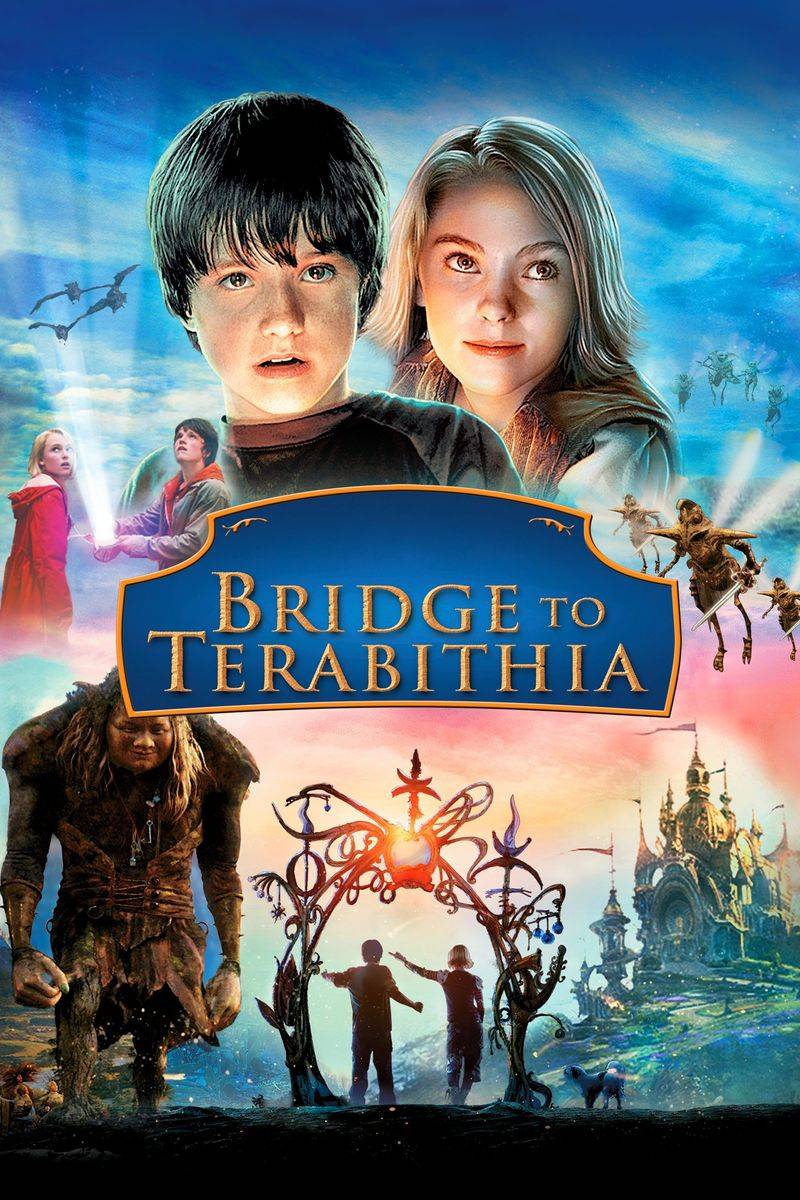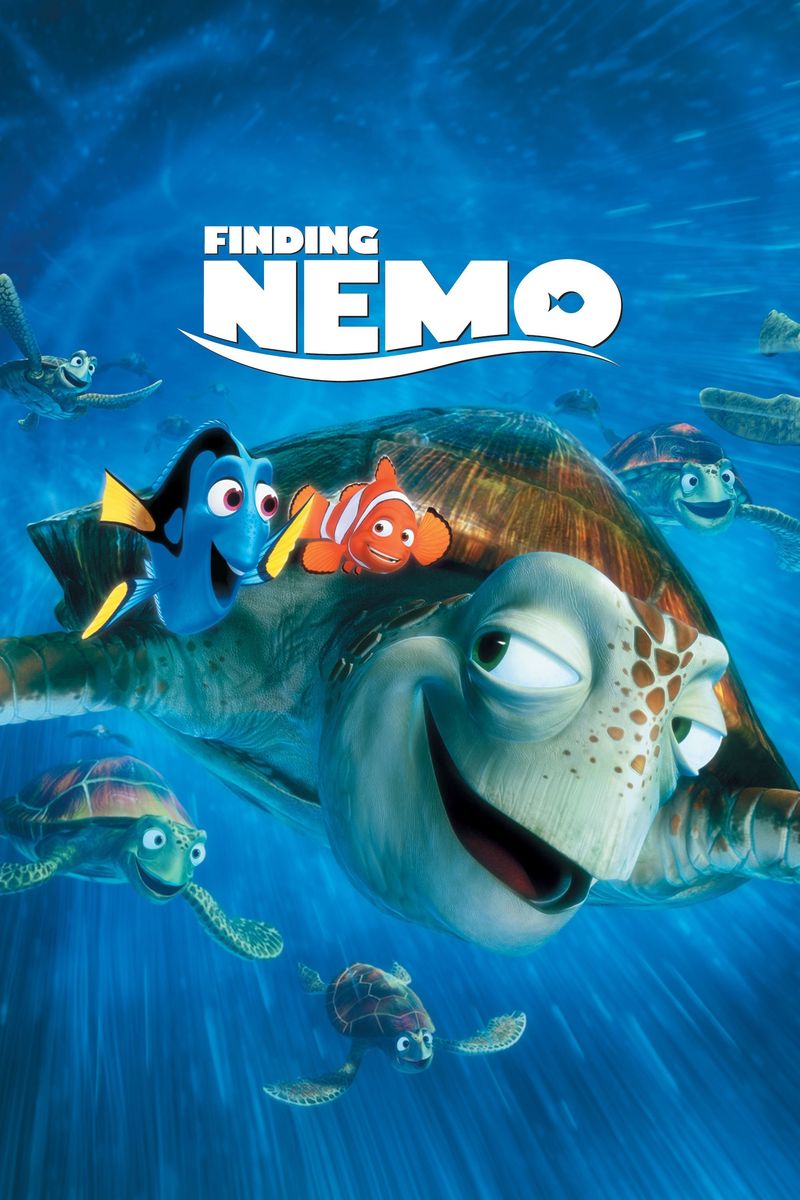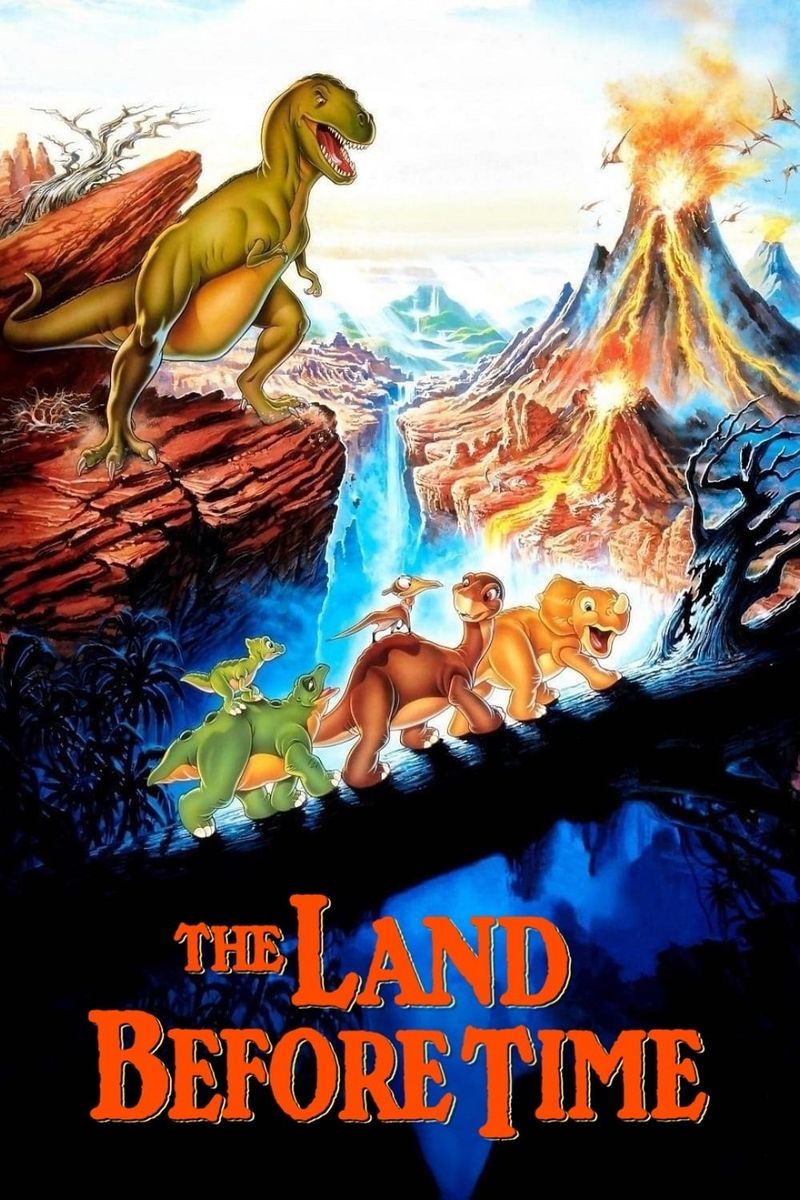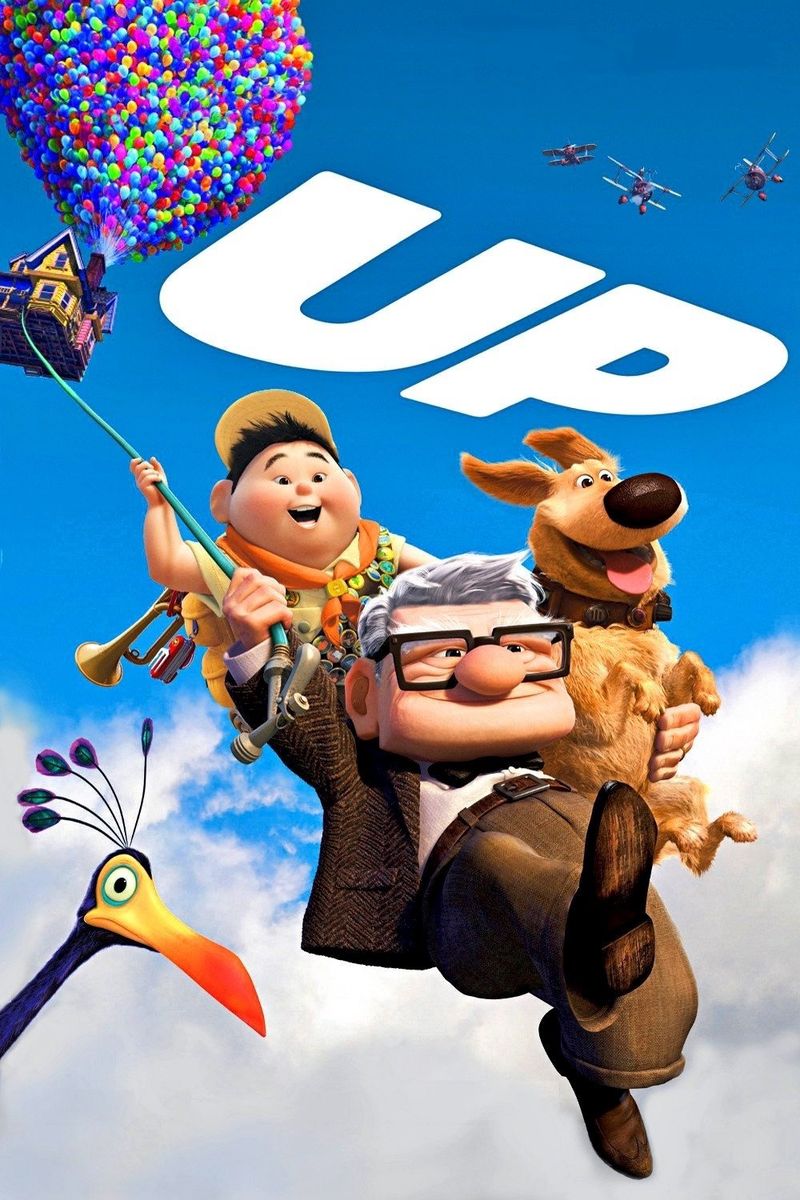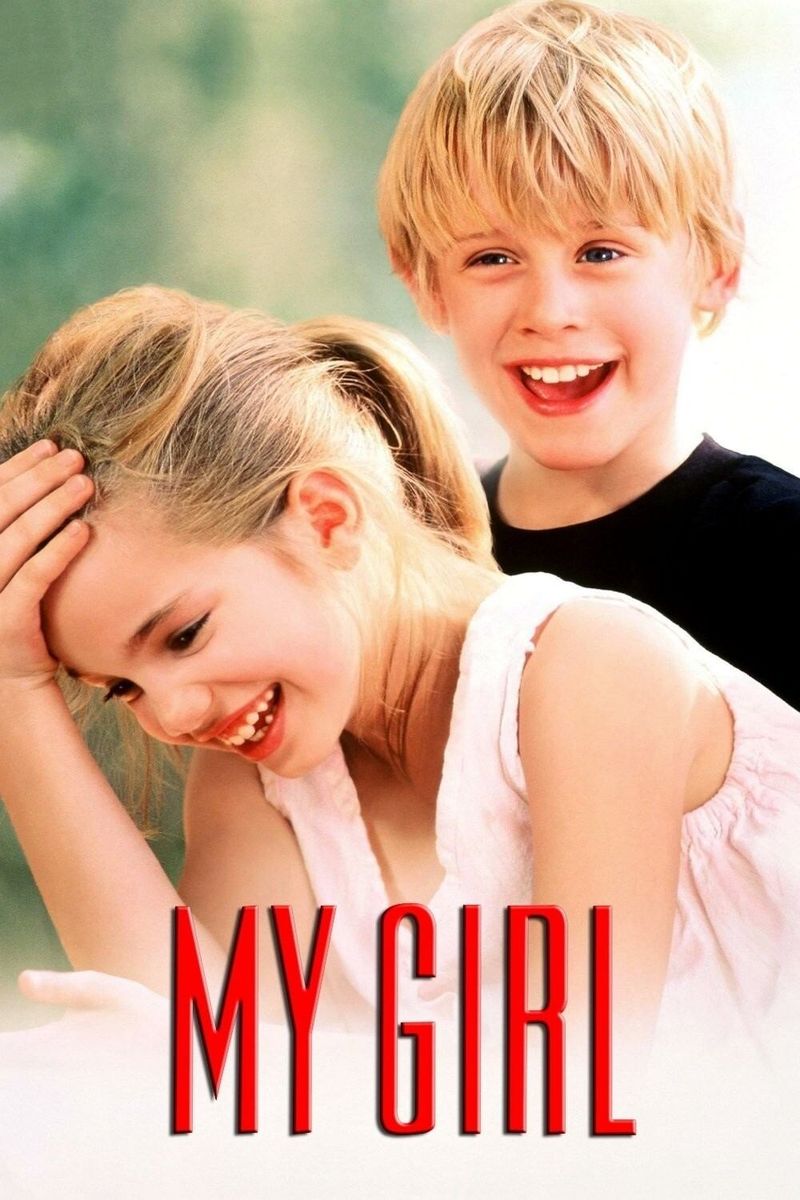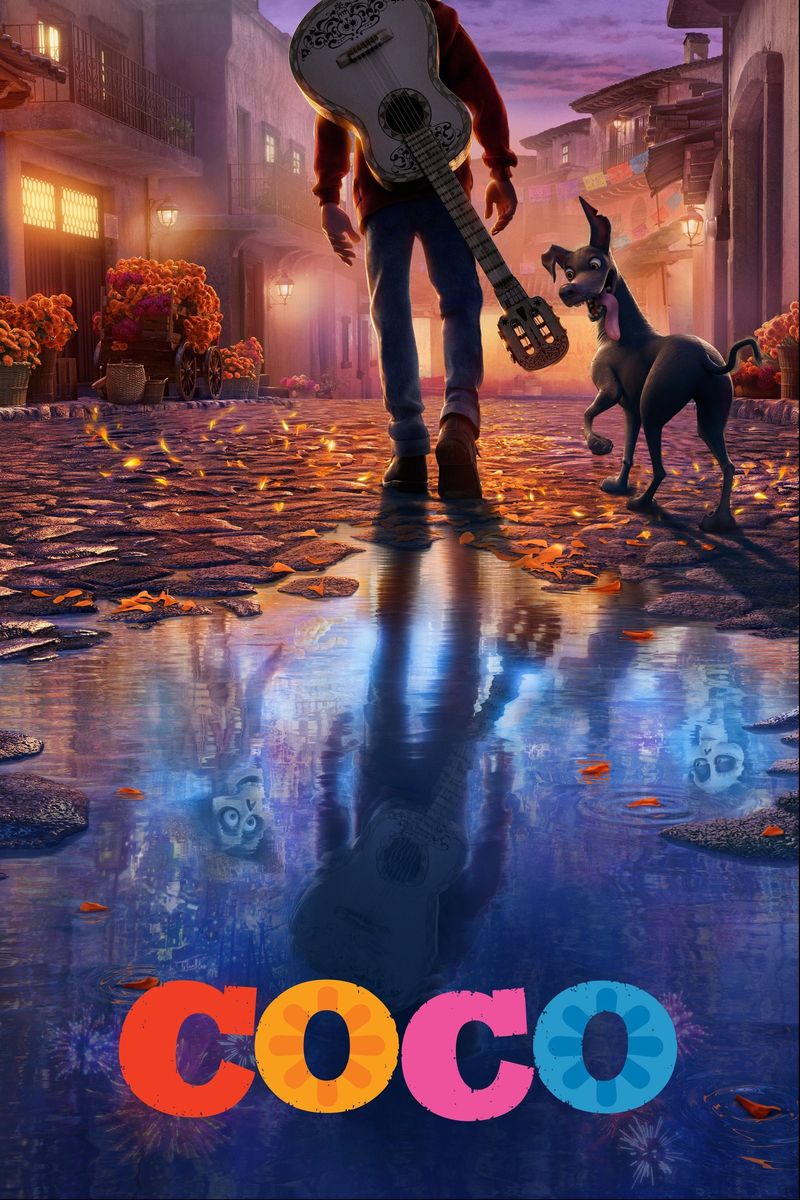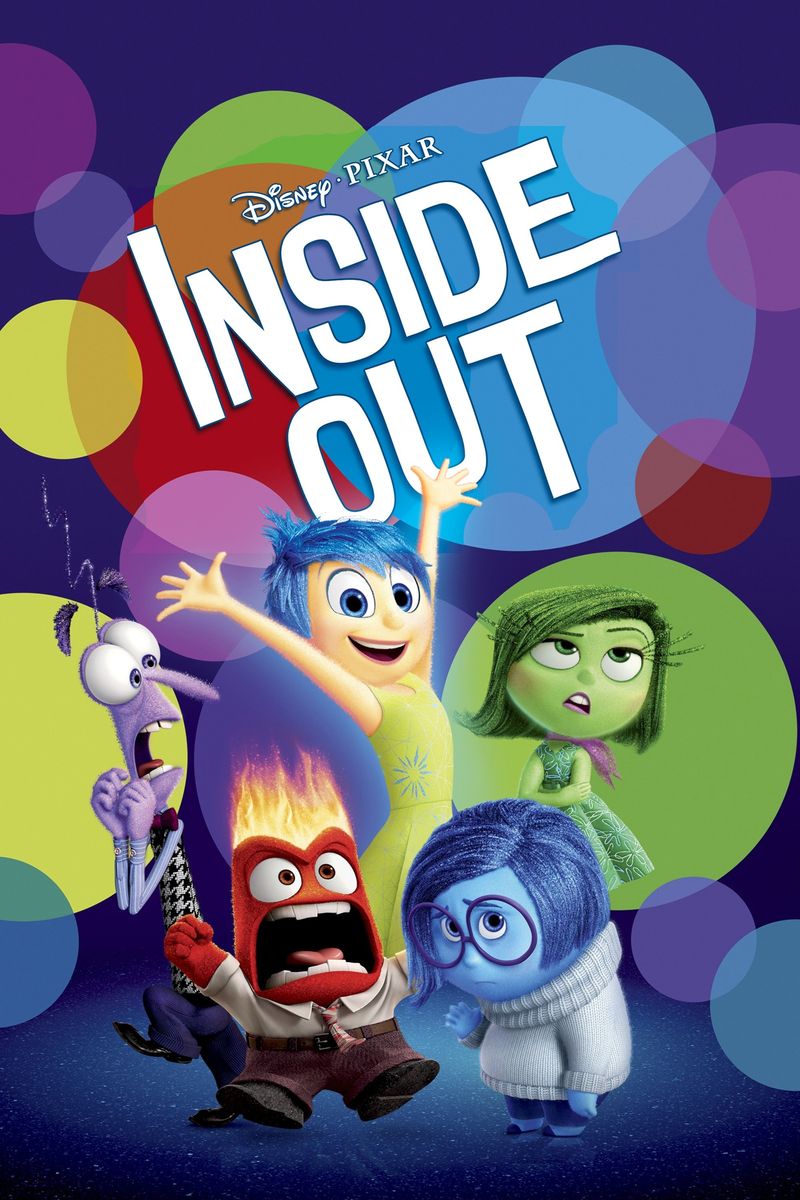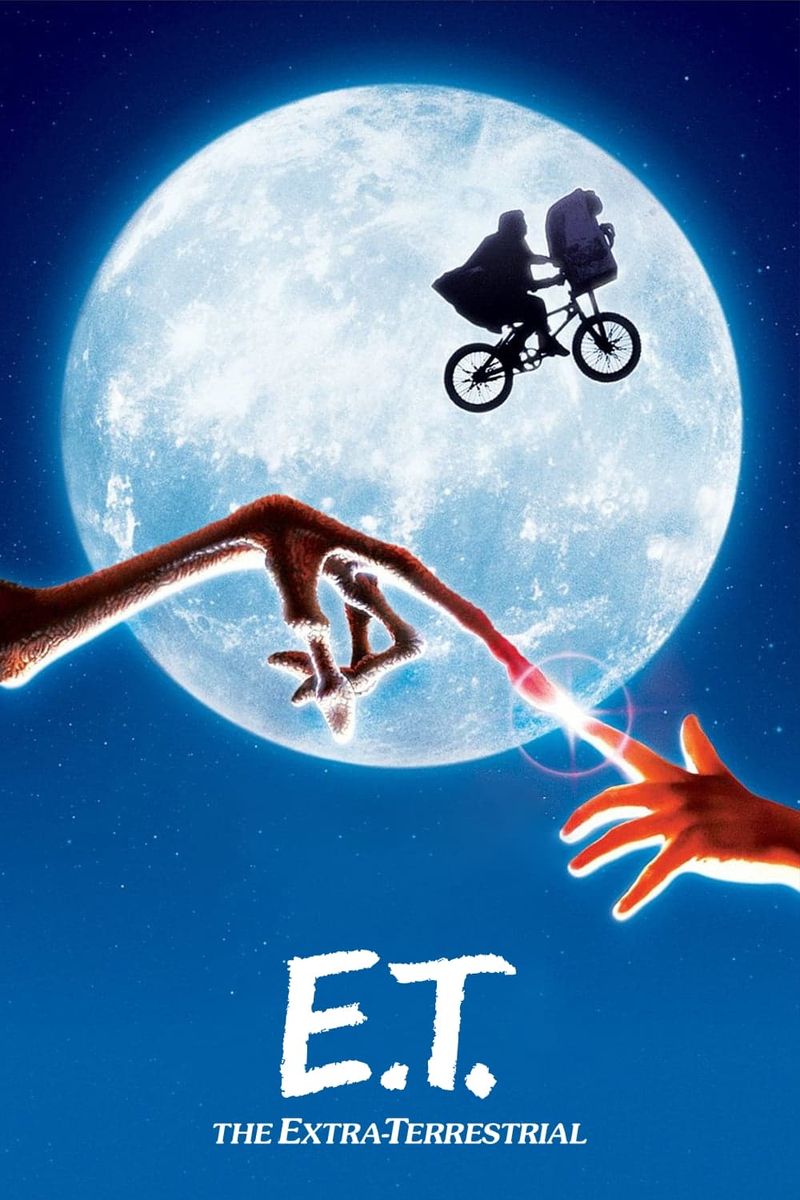Remember those movies you watched as a kid that seemed so fun and carefree? Well, surprise! Many of them pack an emotional punch that flies right over children’s heads. When you revisit these films as an adult, you suddenly catch all the deeper themes about loss, growing up, and what it means to love someone. Get ready to grab some tissues as we explore childhood classics that hit differently when you’re all grown up.
1. The Lion King (1994)
Mufasa’s death scene hits differently when you understand mortality. As children, we process it as a sad moment, but as adults, we feel Simba’s overwhelming guilt and grief with new perspective.
The themes of responsibility and finding your place in the world resonate more deeply once you’ve faced your own life challenges. Suddenly, Hakuna Matata isn’t just a catchy tune but a philosophy we sometimes hide behind.
The circle of life takes on profound meaning when you’ve experienced loss firsthand. The movie’s gorgeous animation and powerful score amplify these emotions, making this Disney classic a tear-jerker for grown-ups.
2. Toy Story 3 (2010)
That incinerator scene? Pure emotional torture for adults who recognize the metaphor for facing death together. The toys holding hands, accepting their fate, hits harder when you’ve faced your own mortality.
Andy giving away his toys represents every goodbye we’ve ever said. The college-bound teenager passing Woody to little Bonnie symbolizes letting go of childhood while ensuring its magic lives on through others.
Adults understand the poignancy of growing up and moving on. We’ve all had to leave parts of ourselves behind while hoping they find new purpose. The final scene of Andy playing one last time brings tears because we know those carefree moments don’t last forever.
3. Bambi (1942)
“Mother? Mother!” Those two words crush adult viewers who understand the permanence and unfairness of death. The gunshot that echoes through the forest represents every sudden loss we never saw coming.
Walt Disney brilliantly captured grief through animation, teaching generations about loss through a fawn’s experience. Adults recognize how the film doesn’t shy away from showing that bad things happen for no reason.
The forest fire scene takes on new meaning too. As grown-ups who’ve faced disaster, we understand Bambi’s desperate escape isn’t just exciting animation – it’s about surviving trauma and rebuilding after devastation. This seemingly simple children’s film delivers profound lessons about life’s harshest realities.
4. The Iron Giant (1999)
“You are who you choose to be.” This line crushes adult viewers who understand the weight of identity and sacrifice. The Giant’s decision to save the town reveals profound themes about overcoming programming and choosing compassion.
Kids see a cool robot friend, but adults recognize a powerful allegory about prejudice, fear, and the military-industrial complex. The Cold War backdrop takes on deeper meaning when you understand the historical context of nuclear paranoia.
Hogarth’s relationship with the Giant mirrors our own struggle to connect across differences. The film’s ending, with the Giant sacrificing himself while uttering “Superman,” represents the ultimate heroism – choosing to save others at personal cost. A beautiful message hidden in an animated film.
5. Bridge to Terabithia (2007)
Leslie’s unexpected death blindsides adult viewers who recognize how swiftly tragedy can strike. What seemed like a fantasy adventure suddenly transforms into a gut-wrenching exploration of grief that feels almost too real.
Jess’s journey through denial, anger, and acceptance mirrors the adult experience of processing loss. His father’s emotional speech about keeping your mind wide open takes on profound meaning when viewed through grown-up eyes that have experienced disappointment.
The fantasy kingdom of Terabithia becomes a powerful metaphor for how imagination helps us cope with harsh reality. Adults understand that Jess isn’t just building a bridge for his sister – he’s creating a healthy way to preserve Leslie’s memory while moving forward with his life.
6. Finding Nemo (2003)
Marlin’s overprotectiveness hits different once you understand parental anxiety. The opening scene where he loses his wife and most of their children is absolutely devastating when viewed through adult eyes that comprehend such profound loss.
The entire journey across the ocean represents every parent’s worst nightmare – being separated from their child in a dangerous world. Adults recognize Dory’s short-term memory loss as more than comic relief; it’s a poignant portrayal of living with cognitive differences.
Nemo’s struggle for independence mirrors the universal challenge of letting children grow up and take risks. The film brilliantly captures that delicate parental balance between protection and freedom. “Just keep swimming” becomes more than a catchphrase – it’s a mantra for persevering through life’s hardest moments.
7. The Land Before Time (1988)
Littlefoot’s mother’s death scene devastates adult viewers who understand the permanence of loss. Her final words about the Great Valley take on deeper meaning as a metaphor for hope and perseverance through grief.
The scene where Littlefoot thinks he sees his mother’s shadow, only to discover it’s his own, perfectly captures the hollow ache of missing someone. Adults recognize how the film doesn’t shy away from showing the harsh realities of a world where parents can’t always protect their children.
The dinosaurs’ journey through a changing, dangerous landscape mirrors our own struggles with life’s uncertainties. When viewed years later, this seemingly simple animated film reveals itself as a profound meditation on found family, resilience, and finding purpose after tragedy.
8. Up (2009)
Those first ten minutes! Pixar’s masterful montage of Carl and Ellie’s life together crushes adult viewers who understand love, loss, and unfulfilled dreams. The sequence communicates more about marriage than many entire films.
Carl’s house represents more than property – it embodies his reluctance to let go of the past. Adults recognize his journey as a powerful metaphor for grief and the courage required to begin living again after losing someone central to your existence.
Russell’s absent father storyline hits harder once you’ve experienced or witnessed broken relationships. The moment Carl gives Russell the grape soda badge, fulfilling the role Ellie once played for him and that Russell’s father couldn’t, reveals how found family can heal wounds that seem impossible to mend.
9. My Girl (1991)
“He can’t see without his glasses!” This heartbreaking line from Vada at Thomas J’s funeral captures childhood grief with devastating accuracy. Adults understand the permanence of death in ways children simply cannot.
Vada’s coming-of-age story takes on deeper meaning when viewed through grown-up eyes that recognize her struggles with mortality and identity. Her hypochondria stems from losing her mother during childbirth – a psychological complexity that flies over kids’ heads.
The film’s unflinching portrayal of death, from Vada’s mother to Thomas J, reminds adult viewers that children face harsh realities too. Watching Vada navigate these losses while discovering her own strength becomes more poignant when you understand how formative childhood grief can be to adult identity.
10. Coco (2017)
“Remember Me” transforms from a seemingly simple song into an emotional gut-punch when its true meaning is revealed. Adults understand the profound connection between memory, family legacy, and what it means to truly be forgotten.
Miguel’s journey through the Land of the Dead resonates differently once you’ve experienced losing family members. The concept of “final death” – when no one living remembers you anymore – captures an existential fear many adults silently carry.
Héctor’s story of missing his daughter while Coco slowly forgets him hits especially hard for parents or anyone who’s watched a loved one’s memory fade. The film’s exploration of how family stories shape identity becomes more meaningful with age, making this colorful adventure a surprisingly profound meditation on remembrance.
11. Inside Out (2015)
Bing Bong’s sacrifice (“Take her to the moon for me”) devastates adult viewers who understand the metaphor of childhood imagination fading away. His disappearance represents every magical belief we’ve had to leave behind.
The film’s portrayal of depression – Joy and Sadness being lost while Riley becomes emotionally numb – hits differently once you’ve experienced mental health struggles. Adults recognize that the movie’s central message about the importance of acknowledging sadness is profound psychological wisdom.
Riley’s core memories and personality islands represent our own identities built from formative experiences. The scene where Sadness touches the joyful memory, transforming it to reflect complex emotions, perfectly captures how adult perspective changes childhood experiences. We realize some memories need both Joy and Sadness to be complete.
12. E.T. the Extra-Terrestrial (1982)
E.T.’s illness and apparent death scene crushes adult viewers who understand mortality and the pain of watching someone you love suffer. The image of E.T. pale and lifeless, with government scientists in hazmat suits, takes on disturbing new meaning post-pandemic.
The goodbye scene between Elliott and E.T. represents every painful separation we experience throughout life. Adults recognize how Spielberg captured the universal experience of having to let go of someone you love, even when every instinct fights against it.
E.T.’s finger lighting up one last time as he says “I’ll be right here” becomes a powerful metaphor for how connections transcend physical presence. The film’s exploration of friendship, sacrifice, and the sometimes cruel necessity of saying goodbye resonates far more deeply once you’ve lived through your own painful farewells.
